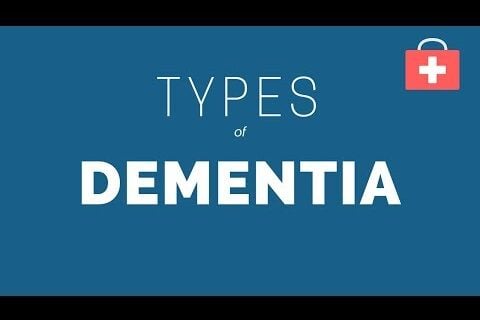
5 Types of Dementia in 8 Minutes
This “Overview for Med Students” sums up 5 common types of dementia: Alzheimer’s, Parkinson’s, Lewy body, vascular and frontotemporal dementia. Watch now.

This “Overview for Med Students” sums up 5 common types of dementia: Alzheimer’s, Parkinson’s, Lewy body, vascular and frontotemporal dementia. Watch now.
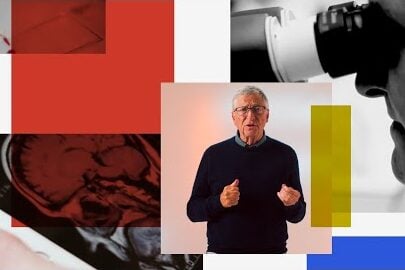
Bill Gates says, “I am blown away by how much we have learned about Alzheimer’s disease over the last couple years.” See his compelling video and insight-filled blog post.
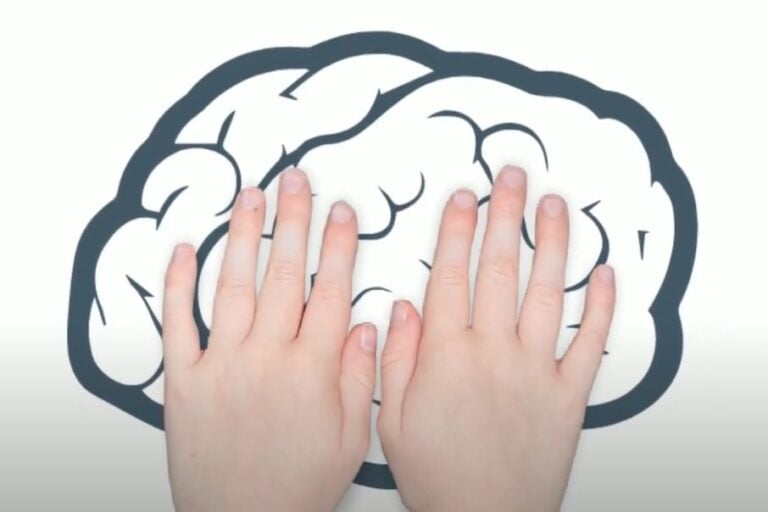
UNDERSTANDING DEMENTIA – VIDEO:
Blood moves through our body in tubes comprising “the vascular system.” See why vascular leaks or clogs trigger vascular dementia, stroke and heart attacks. Learn how to keep your vascular system clean, strong and healthy.
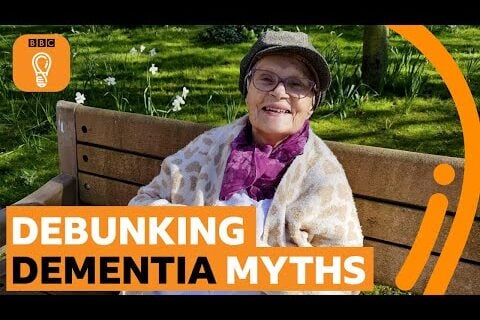
Does dementia always begin with memory loss? Three people living with dementia reveal common misconceptions about their diagnoses.
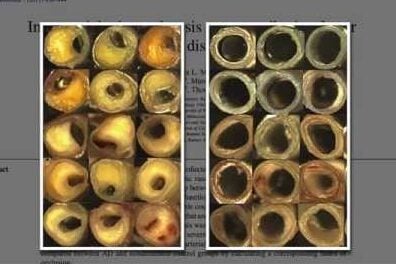
VIDEO: Vascular neglect triggers Alzheimer’s decades before symptoms appear. See how to use that knowledge to lower risk and slow its advance.

Twenty percent of people over 65 have mild memory and thinking problems that don’t interfere with day-to-day life. Doctors call this MCI, short for Mild Cognitive Impairment. Find out more about what it is and what to do about it.
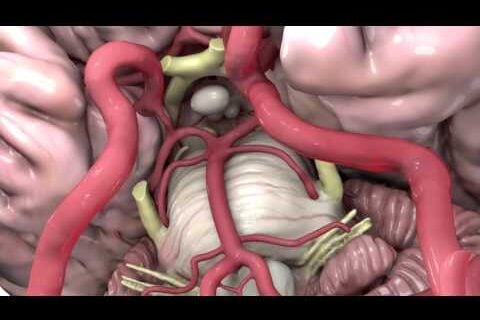
EXCEPTIONAL VASCULAR DEMENTIA VIDEO ANIMATION: Vascular deterioration in brains affects nearly everyone by 70. Aging arteries can trigger Vascular Dementia, or Vascular Cognitive Impairment. See the basics on its causes. Learn some tips on how to prevent it.

(Video & Article) L.A.T.E. Dementia is frequently misdiagnosed as Alzheimer’s. That’s why, in January 2025, researchers created new guidelines. It affects millions of people, approximately 40% of people over 80. How is it recognized? What makes it different?

VIDEO & ARTICLE: 500,000 family and professional caregivers have experienced The Virtual Dementia Tour®. It simulates Alzheimer’s for caregivers. It boosts their level of care and motivation. See how it works.

As long as you’re awake, take comfort in knowing that it is simply not possible to lose your memory completely. Learn about different types of memory, what types are affected by memory loss and which types are protected.

Berkeley researchers reveal deep sleep might protect memory—even in the face of Alzheimer’s. Could your nightly rest be the brain’s best defense?
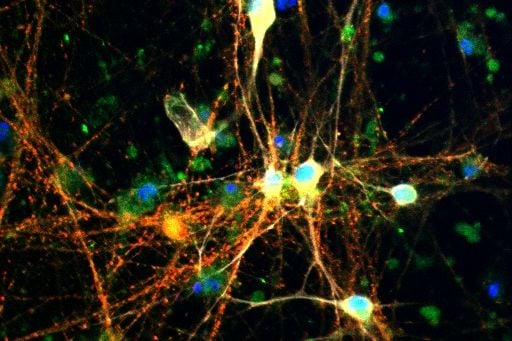
A new Buck Institute discovery reveals neurons process sugar in a surprising way— and unlocking this “brain sugar” pathway could lead to powerful Alzheimer’s treatments.

Why Do Babies Have More Alzheimer’s Protein Than Adults? A Surprising Clue to Future Treatments

Three important dementia studies focus on HS-AGING, a type of dementia almost as common as Alzheimer’s in the 85+ group. Yet few people have heard of it. Why? What makes it different?

An intriguing study of 120 grandmothers might surprise you. Doctors know socially engaged people have better cognition and less dementia. But can a person get too much of a good thing? What’s the right balance?

Enjoy this great duet between a musician with dementia and his son. A triumph of spirit over Alzheimer’s! Sing-a-long if you like!
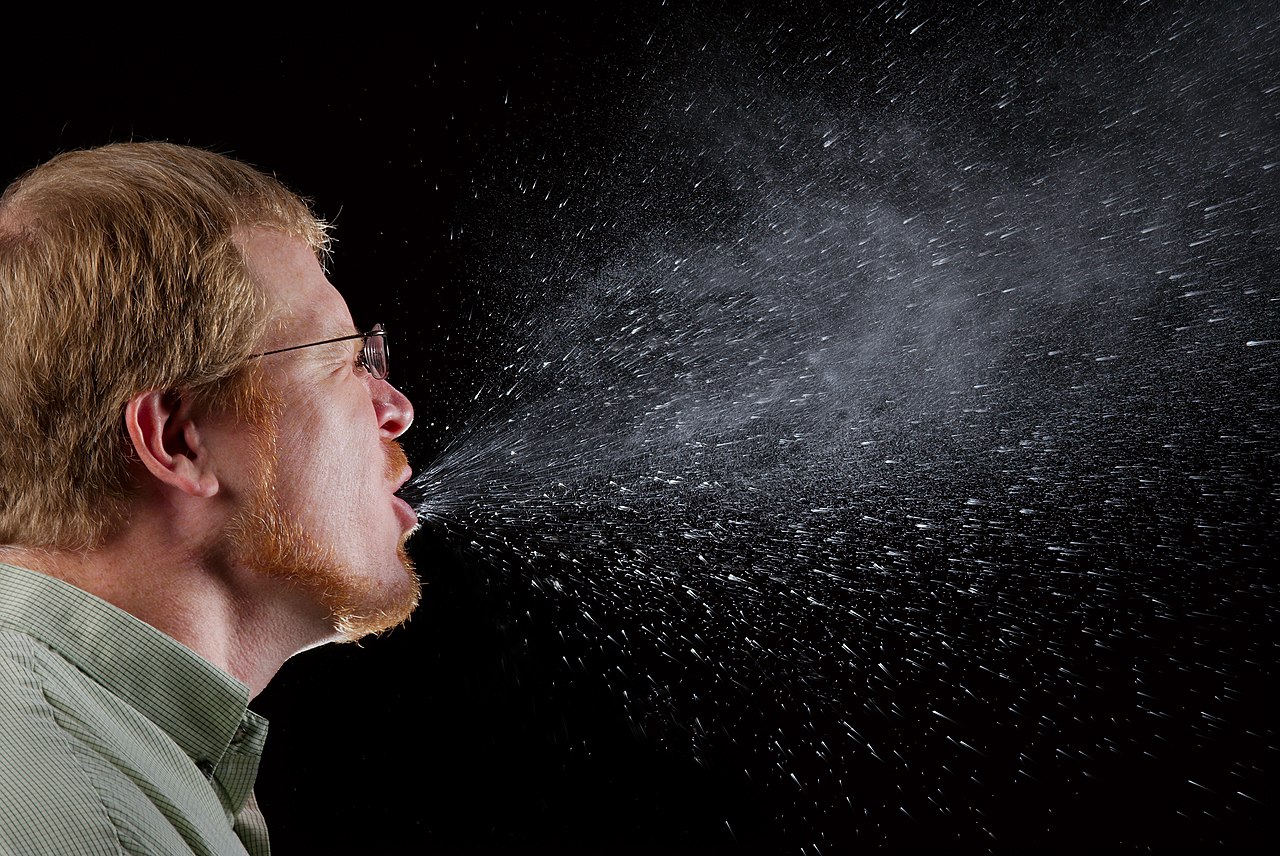
It looks like a sneeze cannot give anyone Alzheimer’s. While Alzheimer’s abnormal disease proteins do spread from cell-to-cell, they are not “infectious”. Check out the facts.
No spam, only news and updates.